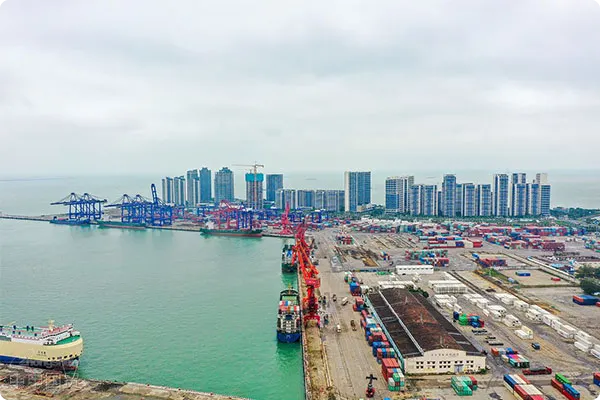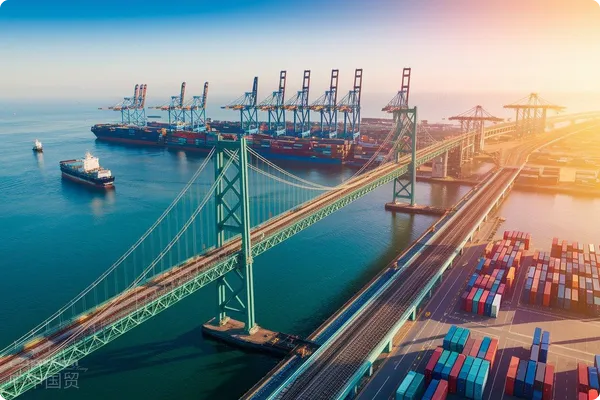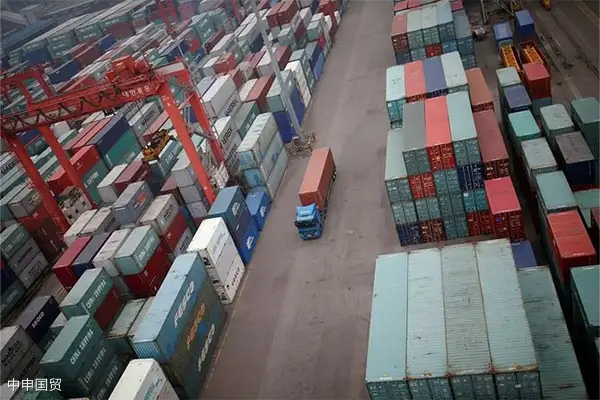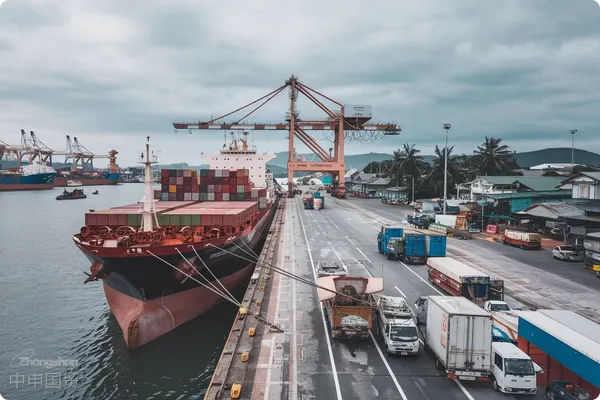- Shanghai Zhongshen International Trade Co., Ltd. - Two decades of trade agency expertise.
- Service Hotline: 139 1787 2118
I. Several Forms of Entrepot TradeEntrepot TradeII. Abnormal Manifestation Forms in Entrepot Trade
III. Policy and Compliance Risks of Entrepot Trade
On - shore Entrepot Business:On - shore entrepot business refers to the situation where goods imported from overseas are temporarily stored in a bonded supervision area and then resold to a third - party overseas. This model is relatively common in the trading of some bulk commodities, such as oil, ore, etc. Through the operation of the bonded area, enterprises can avoid paying tariffs, thus reducing costs. However, on - shore entrepot business is also affected by regulatory policies. Once the policies change, enterprises may face greater operational risks.
Warehouse Receipt Resale Business:The warehouse receipt resale business means that a domestic importing enterprise transfers the ownership of goods temporarily stored in special economic zones such as bonded zones through the form of reselling warehouse receipts. This method has certain advantages for enterprises that need to complete the transfer of ownership of goods in a short time. However, since it involves the transfer of ownership of goods, enterprises need to have certain professional capabilities in contract design, risk management, etc.
Bill of Lading Resale Business:The bill of lading resale business means that a domestic importing enterprise signs an import contract with an overseas enterprise. Without the goods entering the country or actually flowing, the goods are resold to a third - party enterprise through the way of bill of lading endorsement. This method is suitable for enterprises that need to complete the transaction during the transportation of goods. Although this method can help enterprises achieve rapid capital return, since it involves the transportation of goods, enterprises may face transportation risks and goods quality risks.
When providing entrepot trade settlement and financing services to customers, banks should effectively prevent the risks brought to banks by false transaction backgrounds or false financing demands. Specific abnormal situations can include the following:Newly established enterprises or enterprises newly entering a certain industry, the enterprises
Off - shore Entrepot Business:
(entrepot trade) volume grows rapidly in a short time; it does not match the registered capital, enterprise scale, historical transactions, and number of employees. This situation may indicate that the enterprise has excessive arbitrage behavior. In this regard, banks should conduct a detailed investigation, including in - depth analysis of the enterprises business model, profit sources, etc.
2、新成立企业或是新进入某一行业的,企业import and export(转口贸易)额短时间内增长快速;与注册资金、企业规模、历史交易、员工人数不相匹配的。这种情况可能表明企业存在过度套利的行为。对此,银行应进行详细的调查,包括对企业的经营模式、利润来源等进行深入分析。
3、交易模式单一,在找到成熟的套利模式后,频繁运用,借助银行的贸易融资滚雪球发展,特别是利用境内外市场价格差异进行90天以上远期贸易融资套利交易。这种情况可能表明企业的交易背景并不真实,只是利用银行的融资服务进行套利。对此,银行需要深入了解企业的交易背景和交易对手,以及该企业的财务状况,以判断其是否存在违规行为。
4、业务重心集中于一个或几个境外客户,或者集中于某一个半岛电竞官网入口在哪里 口岸、特定产品、特定地区、特定物流路线、特定时间段等。这种情况可能暗示企业的交易存在一定的固定模式,有可能是为了规避监管,或者进行其他不正当的商业活动。对此,银行应对客户的交易模式和客户关系进行深入分析,以识别是否存在风险。
5、转口贸易过程中,同一批货物多次进出口,或是反复在特定经济区域内转口贸易。这种情况可能暗示企业存在”转圈圈”交易,即企业可能在没有实际需求的情况下,通过反复进出口以达到获得政策优惠或者其他目的。对此,银行需要对客户的货物流动情况进行详细分析,并尽可能了解其真实的业务需求。
This business model means that after purchasing goods from overseas, the goods are not declared for entry into the domestic territory but are directly resold to a third - party overseas. For example, Chinese enterprise A purchases a batch of goods from US enterprise B, but these goods do not actually enter the Chinese territory and are directly resold to enterprise C in Australia. This model is conducive to shortening the delivery time and saving relevant taxes and fees. However, in the operation process, since most of the enterprises involved are located in different countries, it puts forward higher requirements for the enterprises cross - border business coordination ability and risk management ability.
1、国家法律法规风险:对于转口贸易,各国的法律法规是一个非常重要的考虑因素。这包括但不限于进口出口管制、关税政策、外汇管理、环保法规等。企业必须要了解并遵守所有相关的法律法规,否则可能面临严重的法律风险。
2、政策变动风险:由于转口贸易涉及到多个国家和地区,因此,政策变动的风险是无法避免的。例如,一个国家的关税政策变动可能会直接影响到企业的利润水平,甚至可能导致企业的业务无法继续。因此,企业必须要有足够的灵活性和应变能力,以应对可能出现的政策变动。
3、合规风险:在开展转口贸易的过程中,企业必须要遵守相关的合规要求。这包括但不限于反洗钱、反腐败、数据保护、知识产权保护等。如果企业在这些方面存在违规行为,可能会导致重大的法律风险和经济损失。
Related Recommendations
© 2025. All Rights Reserved.沪ICP备2023007705号-2 PSB Record: Shanghai No.31011502009912
PSB Record: Shanghai No.31011502009912










